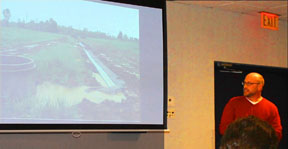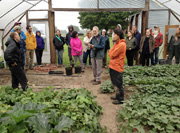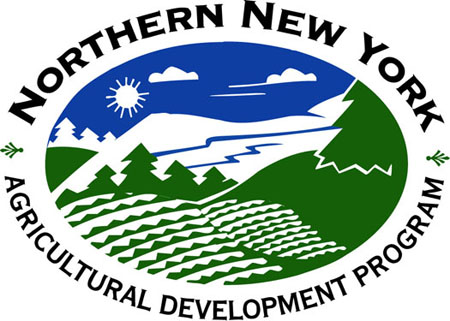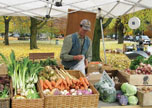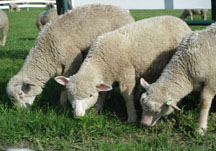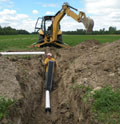
A Northern New York Agricultural Development Program (NNYADP) project report encourages farmers to consider the benefits of tile drainage to both crop production and environmental stewardship. The research is especially timely as farms face changes to the environmental standards they are required to meet and at a time when federal and state funding is available for installing the tile drainage.
“As many states refine their phosphorus management requirements for farm nutrient management plans, it is critical that the models they use are based on representative field conditions and sound data,” says project leader Eric Young, research agronomist at W.H. Miner Agricultural Research Institute, Chazy, NY.
Young estimates the return on investment from installing tile drainage on farms with slow or very slow permeability is from seven to 12 percent over five to 10 years.
The goal of the most recent tile drainage research funded by the farmer-driven NNYADP was to compare phosphorus losses between tile drained and undrained test plots designed to simulate field-scale conditions typical of northern NY dairies.
NNYADP Research Reports on Tile Drainage in NNY
